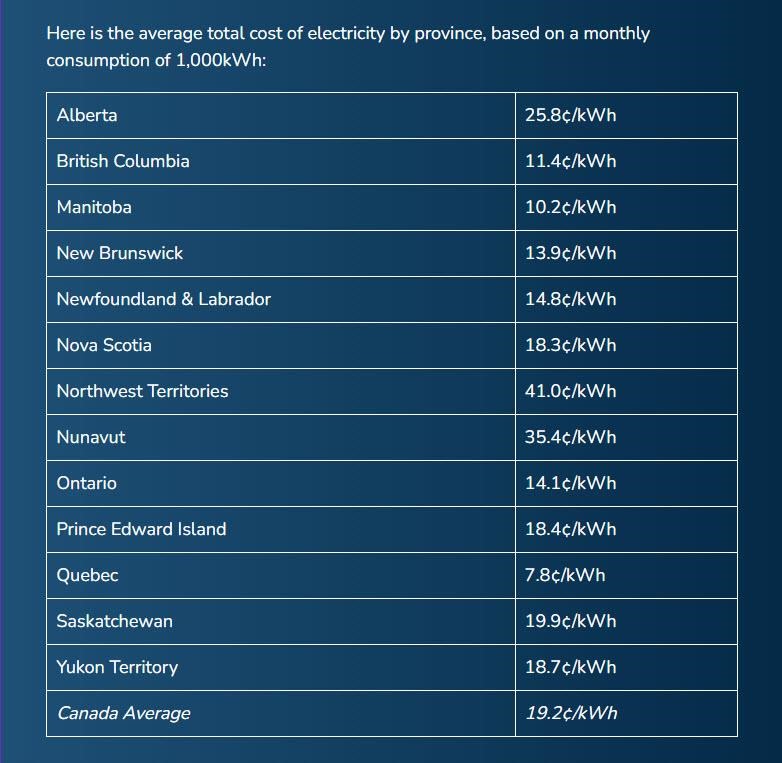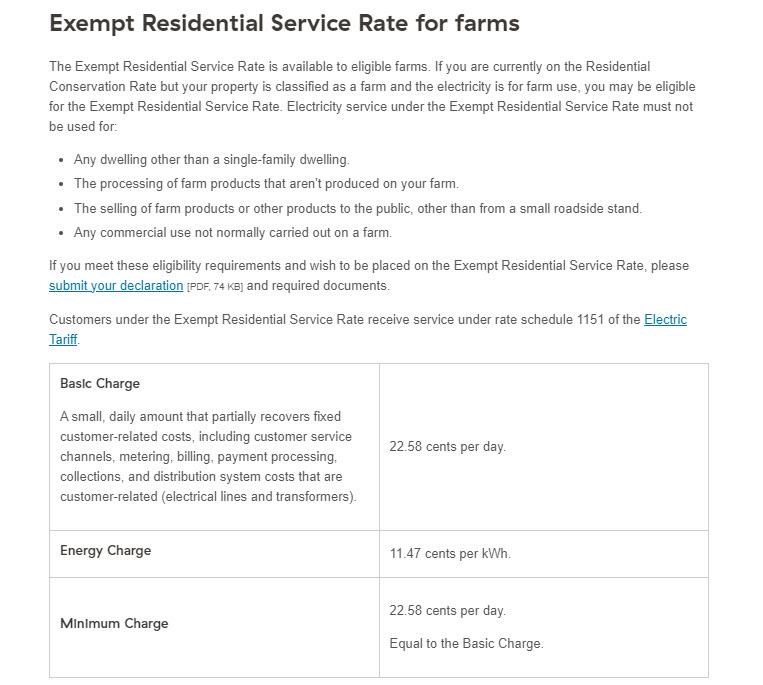The TOU rates will come into effect in June
By Diego Flammini
Staff Writer
Farms.com
B.C. is bringing time-of-use (TOU) billing options to hydro customers next year.
On Dec. 12, the B.C. Utilities Commission (BCUC) approved BC Hydro’s application to offer optional TOU rates beginning in June 2024.
“This new rate plan provides you with a choice in how you're charged for electricity use, offers a way to save money on your bill if you can shift usage to lower price periods, and supports electric vehicle (EV) drivers who’ve made the switch to clean electricity,” BC Hydro says.

Energyhub.org
TOU pricing in B.C. will work as follows:
- Customers will receive a discount of 5 cents per kilowatt hour (kWh) for electricity used between 11pm and 7am.
- Customers will pay 5 cents per kWh more for energy used between 4 and 9 pm.
- No discount or surcharge applies for electricity consumption between 7am and 4pm, and from 9 to 11pm.
B.C.’s current hydro rates include a basic charge of 21.17 cents per day.
Then customers pay 9.75 cents per kWh for the first 1,350 kWh during a two-month billing period. Any electricity usage over 1,350 kWh is charged at a rate of 14.08 cents per kWh.
B.C. Hydro also offers a residential service rate for farms.

BC Hydro
That includes a basic charge of 22.58 cents per day and an energy charge of 11.47 cents per kWh.
In Alberta, ATCO is testing TOU billing too.
Off-peak hours are considered between 4 and 9pm. All other hours are considered off-peak.